Your Health: How to Stock Your Natural Medicine Cabinet
Arnica
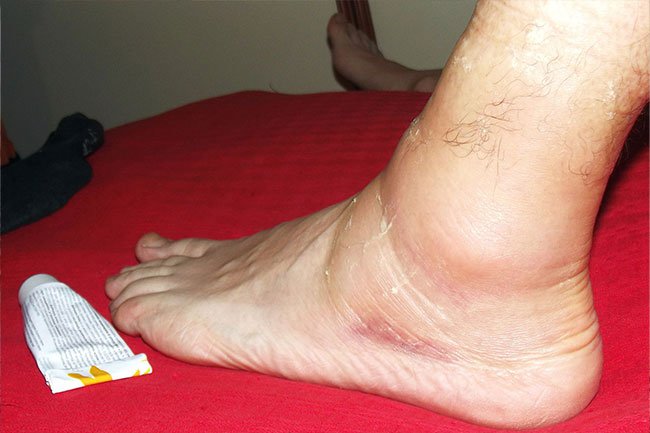
Arnica in a gel form eases pain in stiff joints, especially if you have osteoarthritis. You can try rubbing it on hands and knees to reduce inflammation and get back some of your movement.
Magnesium

Get migraines? Popping magnesium supplements may help them go away over time. Some early research shows that magnesium may also combat depression symptoms and may lower blood pressure, too.
Echinacea
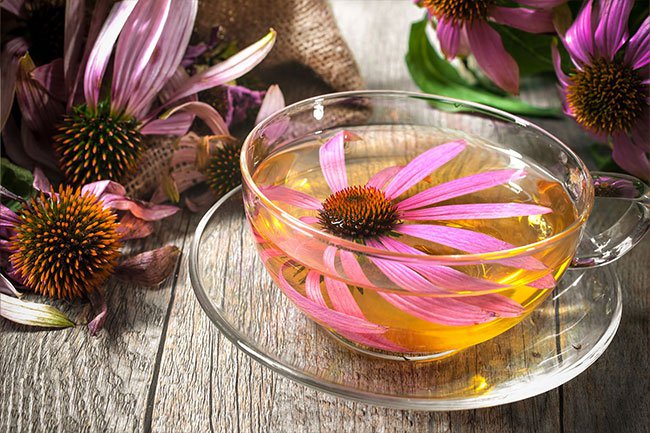
Adding echinacea to your daily wellness routine may boost your immune system and give you an extra layer of protection against catching a cold. Some studies suggest it can shorten a cold once you have one, but we need more research to be sure. It's available in tinctures, teas, and capsules, among other forms.
Evening Primrose Oil

If you have diabetic neuropathy, or nerve problems from your diabetes, there's some proof that evening primrose oil can give you relief. Most people take it in capsule form.
Feverfew

Despite the name, there isn't much evidence that feverfew can help lower a fever. It may be a better choice for taming migraines. It won't bring pain relief during a headache, but studies show it could reduce the number you have over time. You can find it in capsules, liquid extracts, teas, and tablets.
Aloe Vera

You can apply aloe vera, a clear gel from the aloe vera plant, to soothe symptoms of skin conditions like psoriasis and certain rashes.
Green Tea Capsules
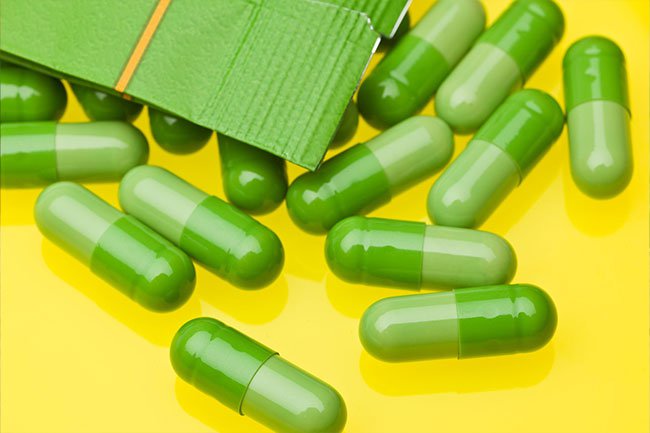
If you'd rather take a dose of green tea instead of sip it, you can buy capsules or tablets to keep in your medicine cabinet. Green tea helps with mental alertness. And an ointment made from green tree extract has been FDA approved to treat genital warts.
Peppermint Oil
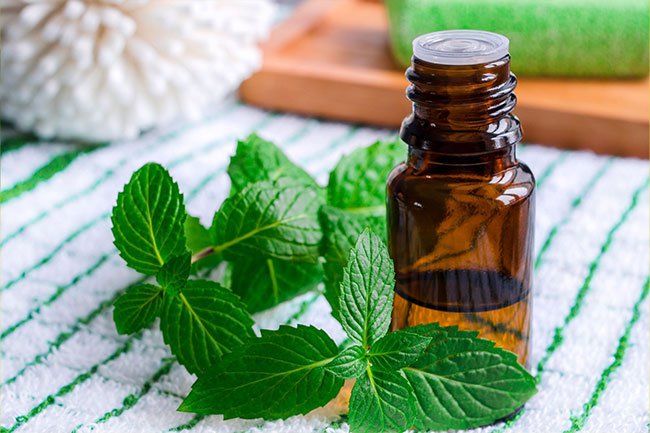
Try it to calm an upset tummy. Coated capsules could help if you have symptoms of irritable bowel syndrome (IBS). You can also rub the oil on your temples for relief from tension headaches.
Oil of Oregano
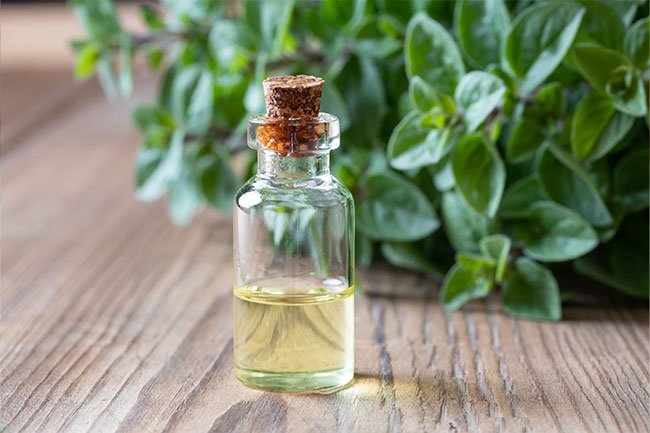
Oregano is a common herb found in most pantries. But researchers have studied the oil form as a way to lower inflammation, heal stomach ulcers, and treat yeast infections. We need more research to know for sure if it helps these conditions. Don't take it in essential oil form. It can burn your skin and throat.
Slippery Elm

You can keep slippery elm on hand to ease a sore throat. A lozenge may work best.
Tea Tree Oil

This may be a good go-to when you need to ward off a bacterial or fungal infection. Spread some on your skin to fight acne, athlete's foot, and nail fungus.
Turmeric

Turmeric, a spice in curry, has active ingredients called curcuminoids. Early research shows they may work as well as ibuprofen to control knee pain from osteoarthritis and can calm skin irritation from radiation treatments. You'll find it in a capsule. You can cook with it, of course, but you won't get as high a dose.
Your Health: How to Stock Your Natural Medicine Cabinet
IMAGES PROVIDED BY:
- Wikimedia
- Getty Images
- Getty Images
- Getty Images
- Getty Images
- Getty Images
- Getty Images
- Getty Images
- Getty Images
- Getty Images
- Getty Images
- Getty Images
REFERENCES:
- MedlinePlus: "Arnica," "Slippery Elm."
- Office of Dietary Supplements: "Magnesium."
- Magnesium Research: "Efficacy and safety of oral magnesium supplementation in the treatment of depression in the elderly with type 2 diabetes: a randomized, equivalent trial."
- Johns Hopkins Medicine: "Herbal Medicine."
- National Center for Complementary and Integrative Health: "Aloe vera," "Echinacea," "Evening Primrose Oil," "Feverfew," "Green Tea," "Peppermint Oil," "Tea Tree Oil," "Turmeric."
- Indian Journal of Endocrinology and Metabolism: "Treatment of diabetes mellitus-associated neuropathy with vitamin E and Eve primrose."
- The Migraine Trust: "Feverfew."
- Journal of Medicinal Food: "Anti-Inflammatory and Anti-Ulcer Activities of Carvacrol, a Monoterpene Present in the Essential Oil of Oregano."
- Canadian Journal of Microbiology: "In vitro activity of essential oils extracted from plants used as spices against fluconazole-resistant and fluconazole-susceptible Candida spp."
- Clinical Microbiology Reviews: "Melaleuca alternifolia (Tea Tree) Oil: a Review of Antimicrobial and Other Medicinal Properties."
- University of Rochester Medical Center: "Echinacea," "Feverfew."
- Mayo Clinic: "Evening primrose."
- Human Para Foundation: "Oregano."
- Arthritis Foundation: "Turmeric."
- Cleveland Clinic: "7 Tips for Taking Turmeric."
